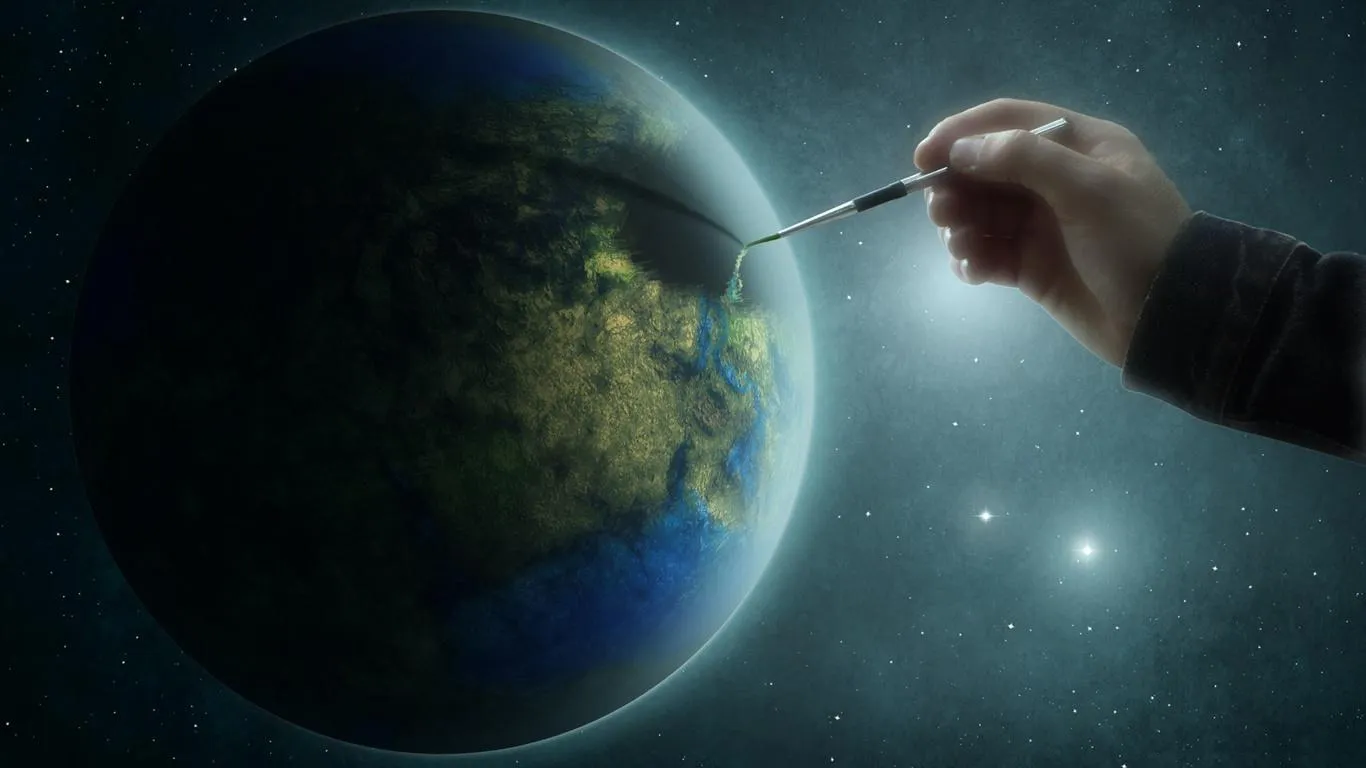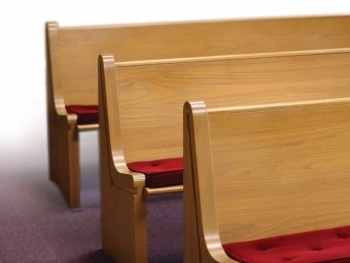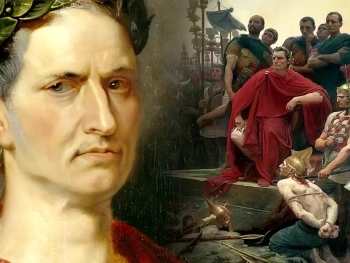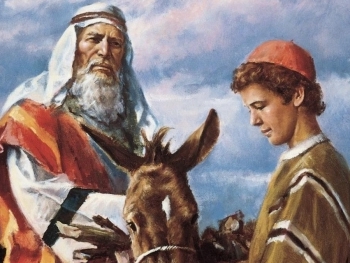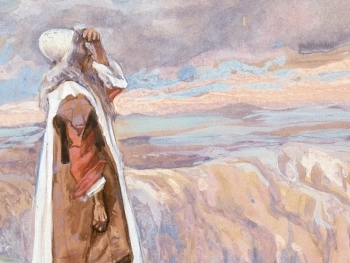The concept of creation holds a central place in the mythology of diverse cultures and civilizations around the world. Creation myths, narratives explaining the origins of the universe, humanity, and the natural world, offer a fascinating lens through which we can explore the shared human impulse to understand the mysteries of existence. This article embarks on a comparative study of creation myths from various cultures, seeking common threads and unique insights that weave together the rich tapestry of human storytelling.
Mesopotamian Creation Myths:
In ancient Mesopotamia, the Enuma Elish stands as a prominent creation myth. This Babylonian narrative describes the emergence of the world through the struggle between primal forces, personified by gods like Tiamat and Marduk. The myth emphasizes themes of chaos, conflict, and divine order, reflecting the societal values and cosmological beliefs of its time.
Greek Mythology and Hesiod's Theogony:
In Greek mythology, Hesiod's Theogony provides a detailed account of the origins of gods and the cosmos. The chaos of the early universe gives rise to deities such as Gaia, Uranus, and Cronus, shaping the divine hierarchy. Theogony underscores the cyclical nature of creation, mirroring the Greeks' cyclical understanding of time and cosmic order.
Norse Mythology and the Creation of the World:
The Norse creation myth, as found in the Prose Edda and Poetic Edda, centers on the primordial being Ymir and the formation of the world from his body parts. Gods like Odin, Vili, and Ve play key roles in shaping the cosmos. This mythic narrative highlights themes of cosmic balance, sacrifice, and the interconnectedness of life and the natural world.
Indigenous Creation Myths:
Indigenous cultures worldwide offer a diverse array of creation myths, deeply rooted in their unique cosmologies. The Dreamtime of Australian Aboriginal mythology, the Navajo emergence story, and the Maori narrative of Rangi and Papa are just a few examples. These myths often emphasize the symbiotic relationship between humans, nature, and the sacred.
The Biblical Creation Narratives:
In the Judeo-Christian tradition, the book of Genesis presents two distinct creation accounts. Genesis 1 describes the six-day creation of the world, while Genesis 2 focuses on the formation of Adam and Eve. These narratives underscore themes of divine order, the goodness of creation, and humanity's special role in stewarding the Earth.
Comparative Insights:
While creation myths vary widely, certain recurring motifs and themes emerge across cultures. Many myths grapple with the interplay of chaos and order, the emergence of divine beings, and the significance of the natural world. Symbolism, cosmogony, and the role of humanity in the grand scheme of creation are recurring motifs that transcend cultural boundaries.
A comparative study of creation myths unveils the universal human quest for understanding the origins of existence. Despite cultural diversity, these myths reflect shared human experiences, aspirations, and the deep-seated need to make sense of the mysteries of life. Exploring creation narratives from different cultures enriches our appreciation for the cultural, spiritual, and philosophical dimensions embedded in these timeless stories.
